|
21st September 2021 It's a Tuesday and I'm at The Sovereigns in Woking with the Woking Gaming Club. In honour of Talk Like A Pirate Day, the first game of the evening was Jamaica, a game of pirate racing. However, before we move on: "My wife's gone to the West Indies." "Jamaica?" "No, she went of her own accord!" With that out of the way, let's continue. What's in a game?
The overall art direction for Jamaica is colourful and makes use of a cartoonish style that suits the game's comical theme. The gameboard is brash with brightly coloured art but the standout are the player decks; not only do they share the board's style, they can be placed side-by-side to create a single long picture. The game doesn't use much iconography, what there is of it is easy to understand. How's it play? Setup
On to play In Jamaica, the Captain rolls the dice and assigns them to the game's 2 different phases per turn. Each player then chooses 1 of their 3 available cards to play and then performs the day and night actions on those cards. how effective those actions will be are determined by dice rolled and allocated to day and night.
Endgame Play continues until a ship reaches the start/finish, upon which the current turn is completed and the game goes to scoring. There are 4 sources of scoring. Players score points according to where their ship finished, the start/finish scores 15 and points go downwards from there. If a ship failed to pass the -5 space, then they lose 5 points. Every gold token a player has on their player board scores a points. Treasure cards score their points and cursed treasure cards deducts from the player's score. Points are tallied, highest score wins. Overall
In Jamaica, players must balance the need to load resources with the need to move along the game track, doing too much of one or the other will probably be detrimental. They'll need to judge when it's the right time to move with the right amount of resources. The rules limiting how players fill their holds forces players to make decisions about what they carry on their ships. Players will also need to mitigate bad rolls and unfavourable cards, e.g., playing a red arrow backwards move when the die shows a 1. At the same time it's also a good idea to keep an eye out for other players. If another player is 3 spaces away and one of the dice rolled a 3, there's always the risk that opponent will end moving on to your space, provoking a fight, which could prove costly. Perhaps it might be a good time to load some gunpowder... Obviously, all of this is to some extent is influenced by the dice rolls, having all the gold in the world wont help if a player can't reach a port! It means players will need to adapt to this randomiser and change strategies when the dice - and sometimes the captain don't give player the results they need. Jamaica is a cheerfully colourful game with fairly light programming game where players 'only' have to think 2 moves ahead, with a theme that fits well with the mechanics. Jamaica also has elements of resource management and a touch of player interaction and conflict. It's an easy to learn programming game that is fun to play, particularly if you like a little bit of jostling between players and generally presents them with meaningful choices to make.
0 Comments
Leave a Reply. |
AuthorI play, I paint. Archives
March 2024
Categories
All
|

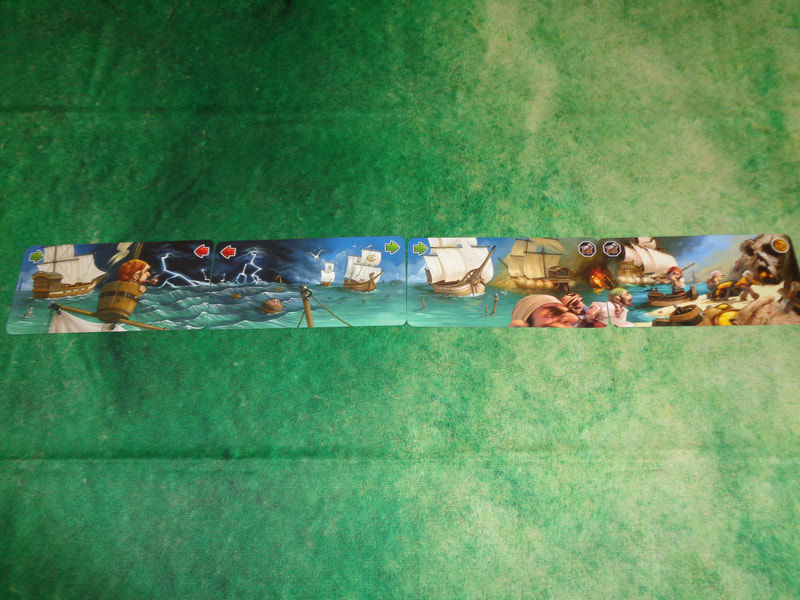
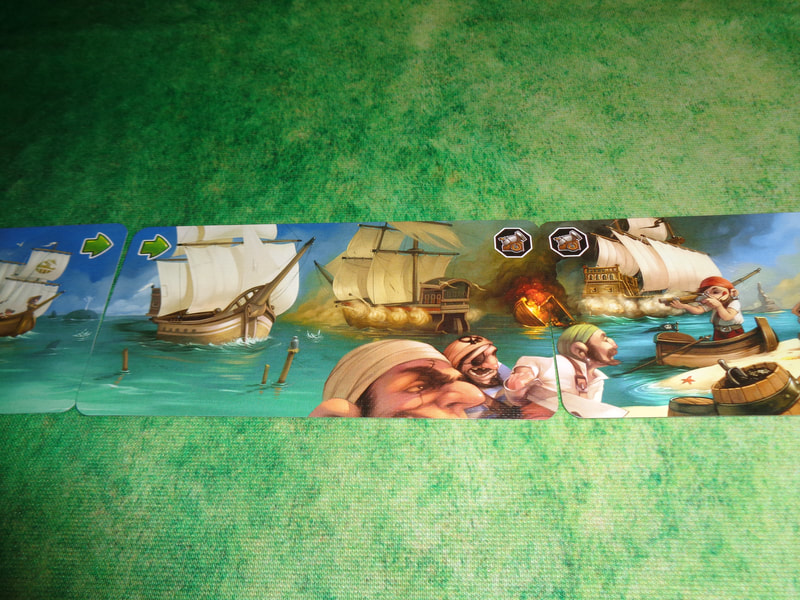
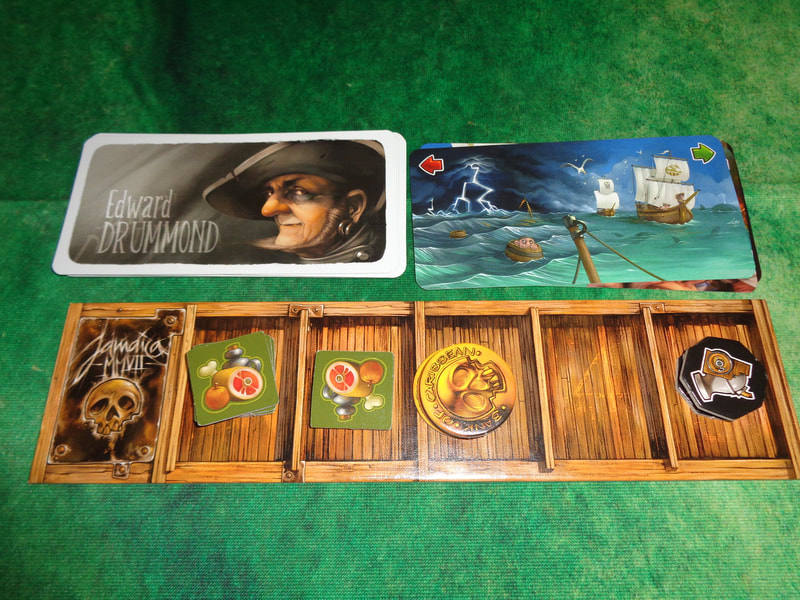
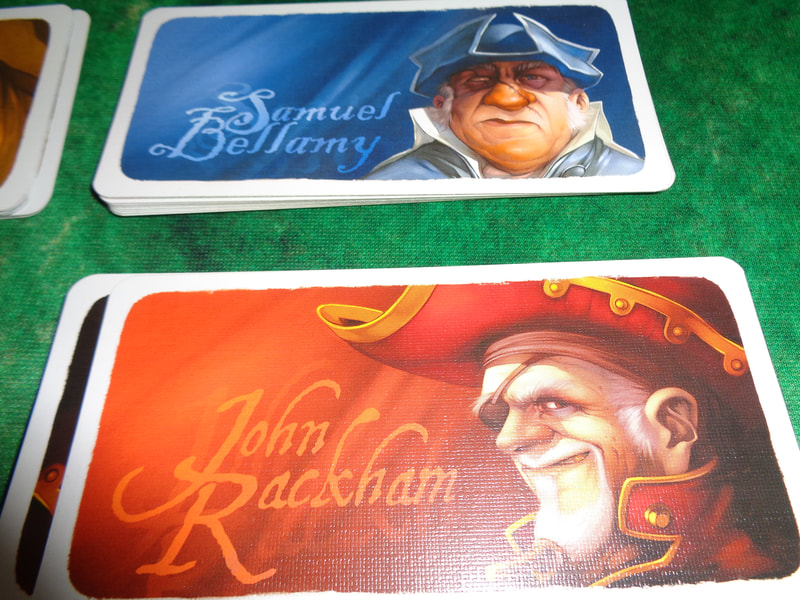
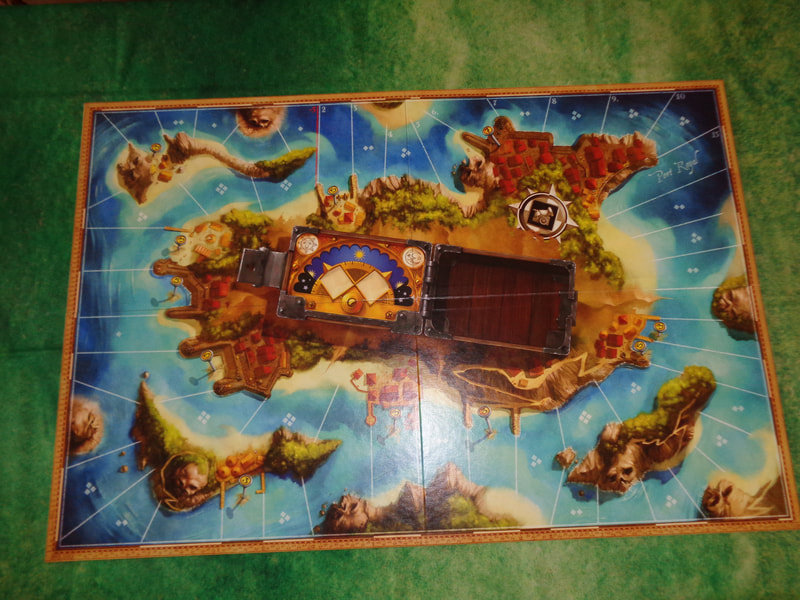
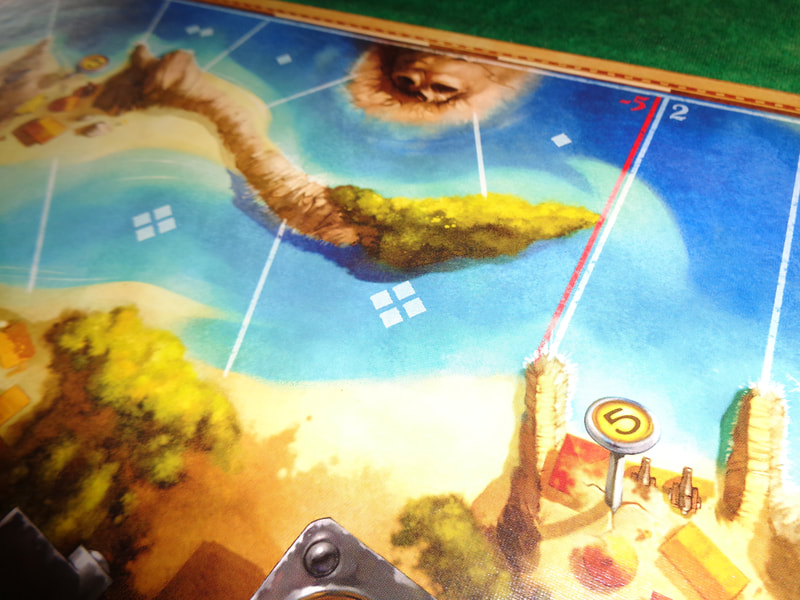
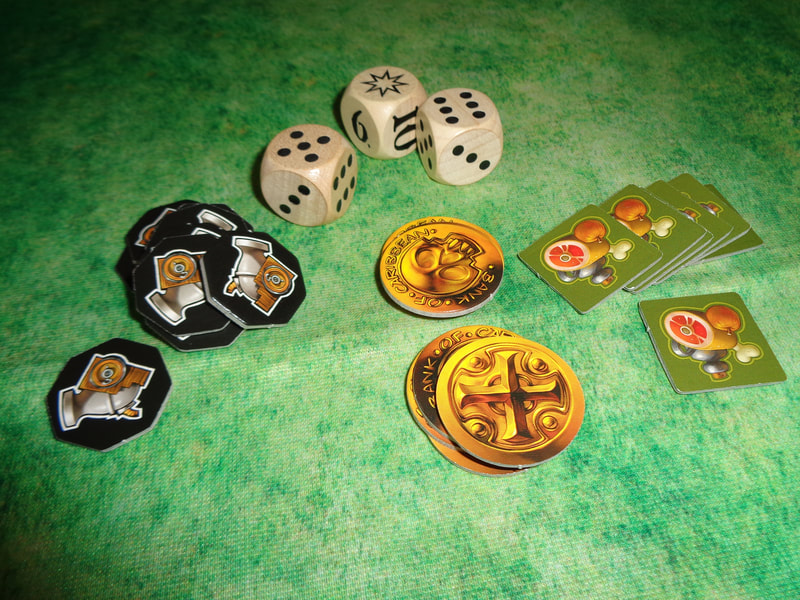
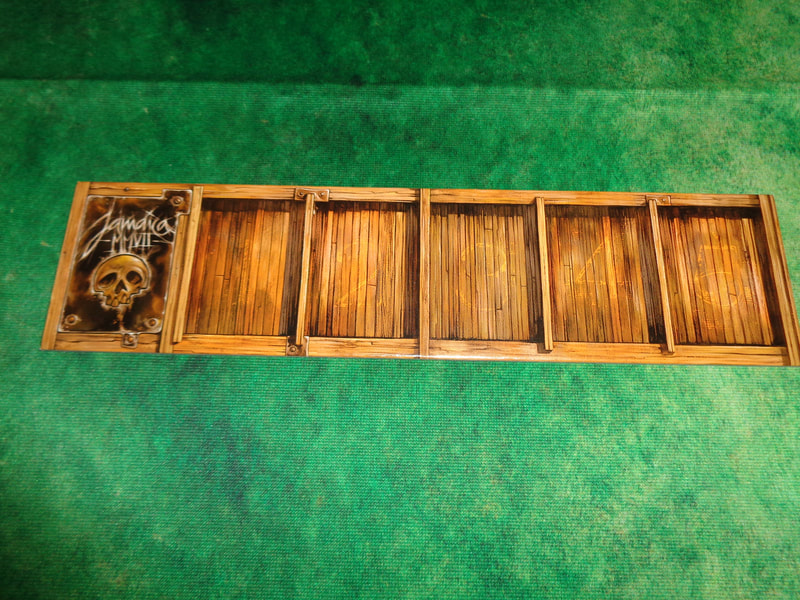
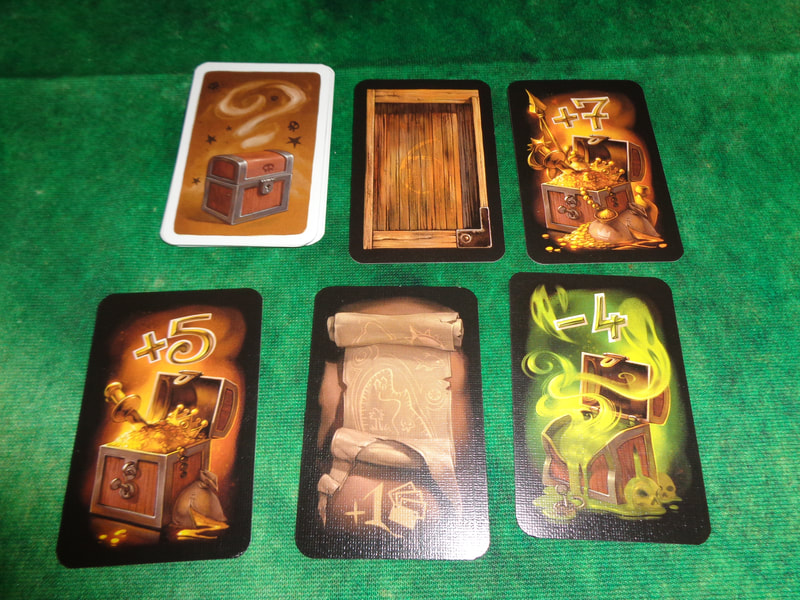
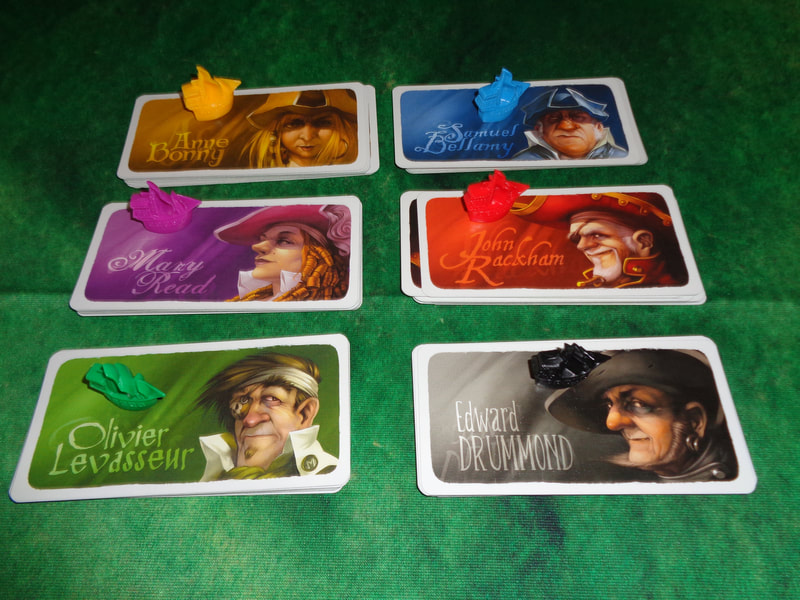

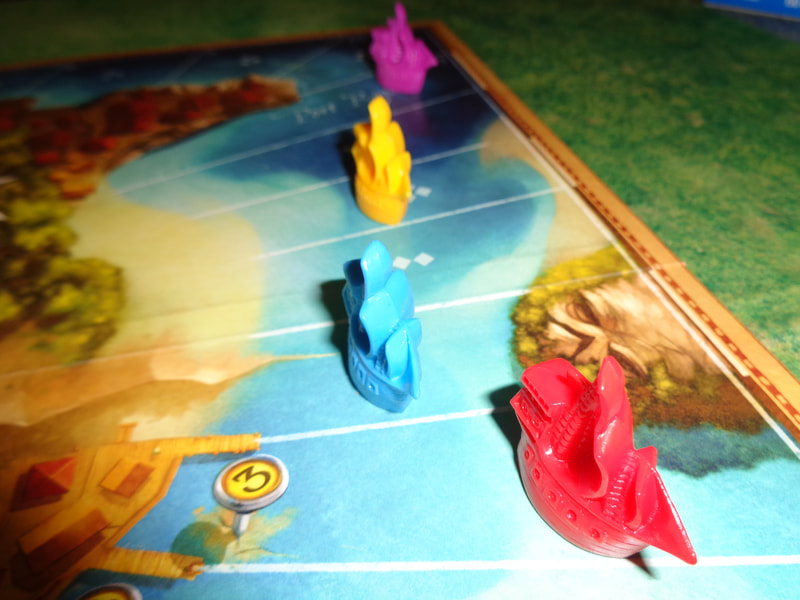
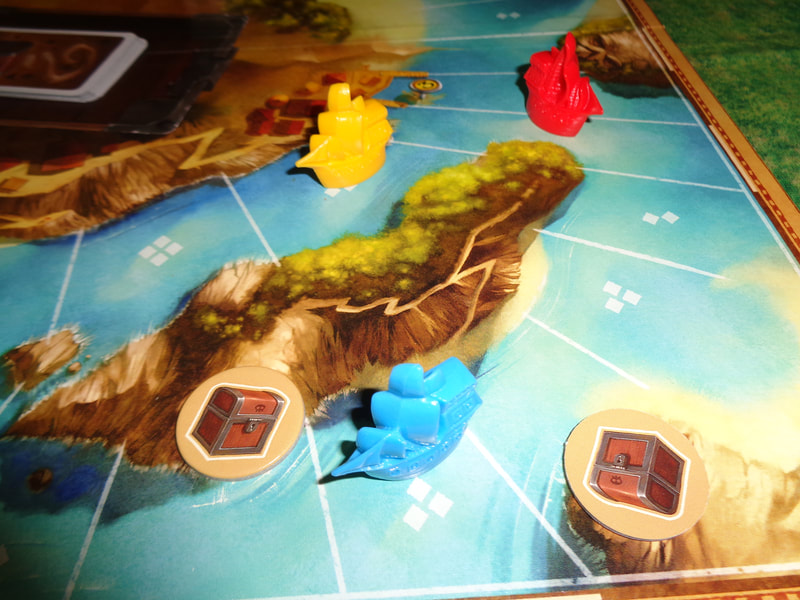
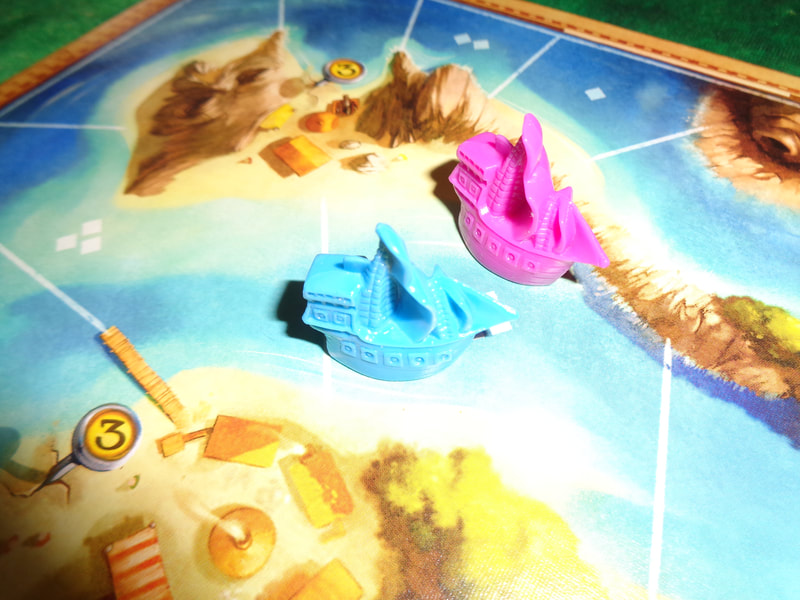
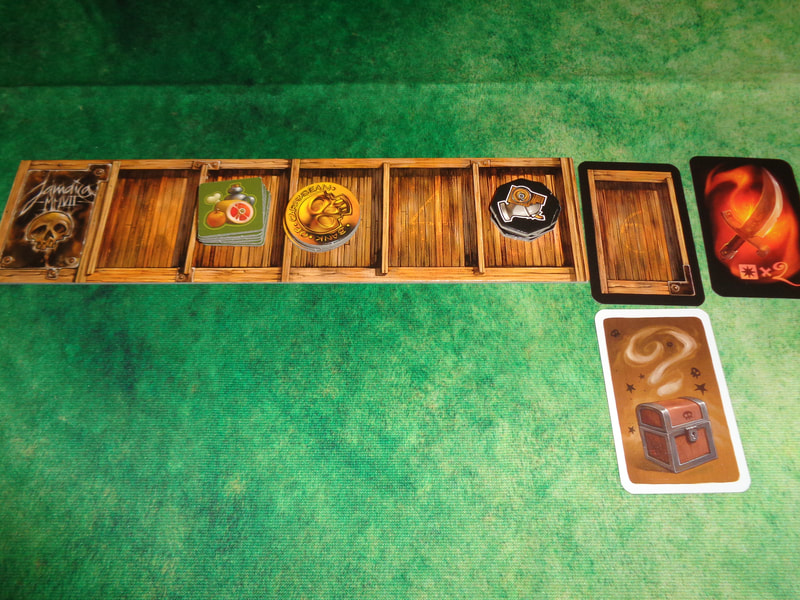
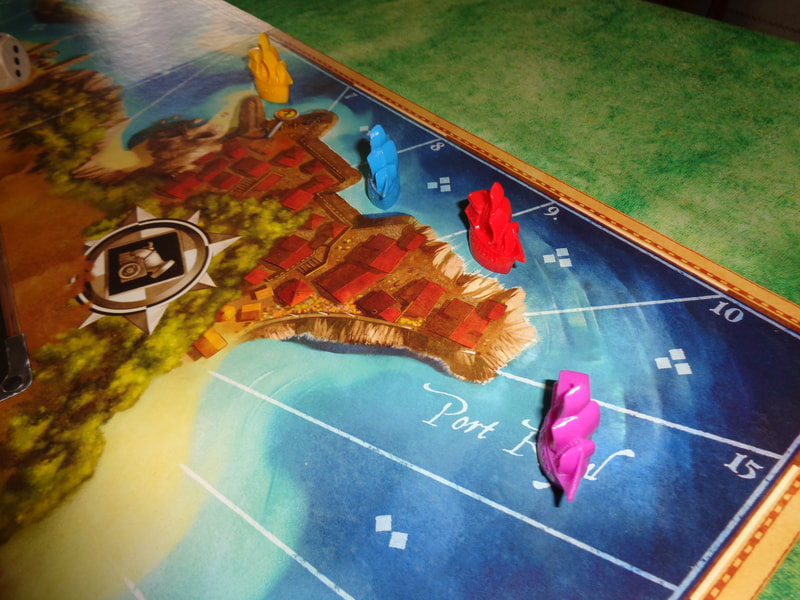
 RSS Feed
RSS Feed
